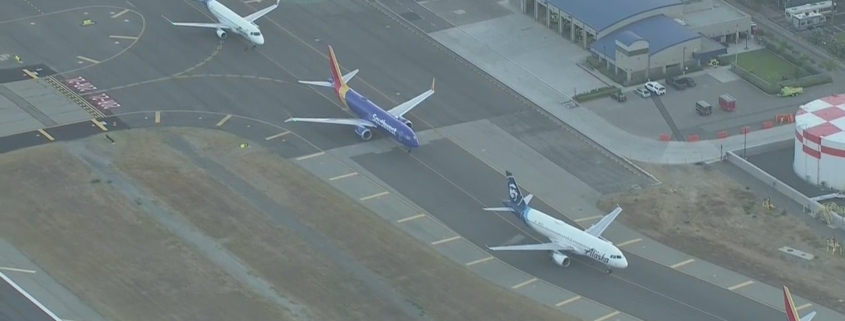John Arquilla on the New Challenge of Cyberwarfare – The Diplomat
As we move into the era of 5G networks and the Internet of Things, the challenges of keeping online systems safe and secure is growing ever-more daunting. In parallel, the question of cyberwar is looming larger and larger.
But this is not a new problem. John Arquilla, distinguished professor of defense analysis at the United States Naval Postgraduate School, originally coined the term “cyberwar” over 20 years ago and remains one of the world’s leading experts on the threats posed by cyber technologies to national security. His recent book, “Bitskrieg: The New Challenge of Cyberwarfare” discusses the state of cyberattacks and cybersecurity – and he finds the U.S. critically underprepared for the age of cyberwarfare.
In this interview, Arquilla discusses the future of cyberwar, the potential for cyber arms control, and how best to respond to cyberattacks.
You’ve been discussing cyberwar for 30 years — you even coined the term. But obviously the technologies involved, for both offense and defense, have evolved dramatically since the early 1990s. How has the cyberthreat landscape changed in the past few years, as the Internet of Things and 5G connections become the new normal?
Certainly the scale, pace, and complexity of cyber operations have increased exponentially since the early 1990s. And greater connectivity, especially of physical infrastructures built before the Web and the Net but now connected to them, makes them particularly vulnerable to disruptive malware and other, ever more subtle and hard to detect cyber weapons.
What hasn’t changed, however, is the fact that attackers still have a considerable edge over defenders, which foretells a period of more active, destabilizing cyberwarfare.
Cyberwarfare is sometimes thought of as an alternative to traditional warfare, but it could be a powerful force booster in a real-world conflict. As you outline, we’ve already seen glimpses of this, for example, in U.S. operations in Iraq and Afghanistan. Can you describe some of the ways cyber operations could be used alongside kinetic operations in a future war?


